QuestionI just switched puppy food from prescription diet brand to Innova puppy dry food. I found that the prescription diet brand that my vet recommended had a lot of corn and wheat by-products. however, my 5.5 month old pomeranian doesn't really eat any of her kibble unless she is starving. She always begs for food when I'm eating and sometimes i give her fresh veggies and whole wheat bread, but i figure that these foods are so bland, i dont know why she doesn't eat her puppy kibble. She recently started licking her front paws a lot, and i dont see anything there, but i read that it's a symptom of food allergy. She's also been getting more tears and it's starting to stain her face fur. I'm wondering if I should go to my vet for food allergy testing? is it even effective?
please help!
AnswerHi Cylena,
Foot licking can be a symptom of a food allergy. Some vets believe that many times a dog can have a "sub-clinical" allergy, so something as simple as a type of food can cause an allergy (which is an inflammatory reaction). The inflammatory reaction can change the pH fluid in your dogs systems causing excessive tearing and potentially allergies.
Since your dog is still a puppy, it's possible that the tear staining is being caused by the fact she may be cutting teeth. Form 5 months to 8 months of age the head structure and mouth are under going many changes causing pressure on the tear ducts. This is particularly true in small dogs. It is most important to keep the facial hair as dry as possible and frequently wash it daily to help keep yeast and bacteria that is causing the actual staining under control.
The good news is that when the adult teeth are in this will go away if you have kept it under control. Make sure your puppy has plenty of chew type of toys to help relieve the pressure on the mouth during this time.
You didn't say what condition your puppy had in the first place, that your vet put her on the prescription food. Most (if not all) prescription foods are also available in a canned form, which your puppy might find more palatable.
Fresh fruits and veggies are really good for dogs (just like people!) Just don't over-do it, as it can cause loose stools. If your dog is having a food allergy, wheat can be part of the problem, so whole wheat bread might not be a good choice. Low sodium rice cakes would be a better choice. I should mention that giving in when your puppy begs for food teaches her to be finicky, and that she can "hold out" for something better.
Many people find issue with the ingredients in prescription dog foods. Some dogs simply can't tolerate high protein levels, fat, or certain ingredients. So when reading the label it appears to be an inferior diet compared to what a "super-premium" dog food will contain, but if it's what your dog tolerates best, then it's really the best you can offer your puppy.
Before you go with the food allergy route, try trimming the hair growing between your puppy's pads, and around her feet, if it seems long. That can help the area dry out, which can help stop the chewing/itching.
Foot licking can also be a sign of boredom. If your puppy spends too much time alone it can cause a neurotic habit - like excess foot licking. The remedy is more exercise and playtime with our puppy. Enrolling in a puppy kindergarten class is a great way to give your puppy extra mental stimulation, socialization and also a little training besides.
To test for food allergies, your puppy would be put on an "elimination diet" for at least 10 weeks, which means she's fed food that consists of a protein and carbohydrate that she has not eaten before, such as duck, venison, and potatoes. Veterinarians offer these special foods, and some can be found in larger pet stores. Or you may choose to feed your puppy a homemade diet of foods recommended by the vet.
If the puppy's itching subsides by at least half, the allergen is considered to be one or more food ingredients. To confirm this, you can reintroduce the old food to see if the symptoms return. To find the specific ingredients that trigger the allergy, you should feed the special diet again and add one ingredient at a time from the old diet for at least a week until the itching increases, indicating that the last added ingredient is an allergen. Or you may choose to stay with the special food to avoid causing the pet discomfort each time an allergic ingredient is fed.
While your puppy is being tested for food allergies, she should not be given treats, chewable medications, table scraps, or rawhide toys that may contain an allergen.
I hope I've been a help.
Best of luck,
Patti

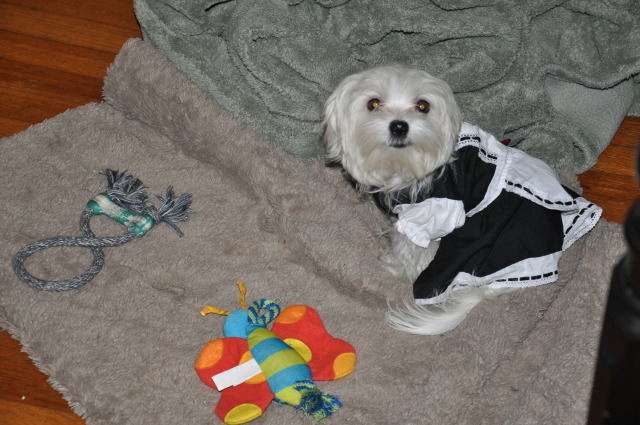 Potty problems
Question
QUESTION: Hii Okay i have a 6 month old
Potty problems
Question
QUESTION: Hii Okay i have a 6 month old
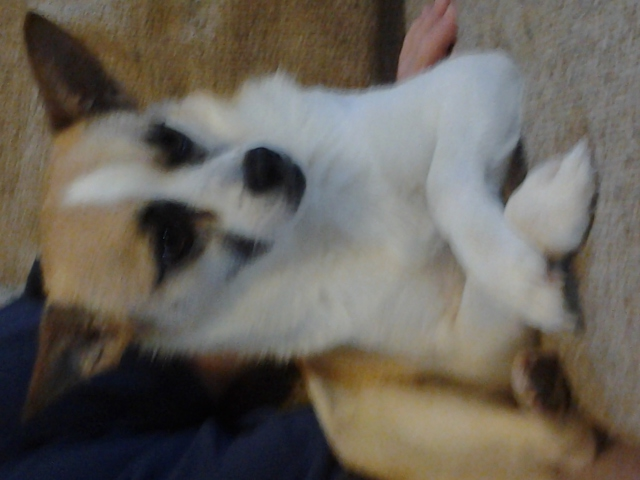 Abby
Question
Abby Abby
what breed of dog do yo
Abby
Question
Abby Abby
what breed of dog do yo
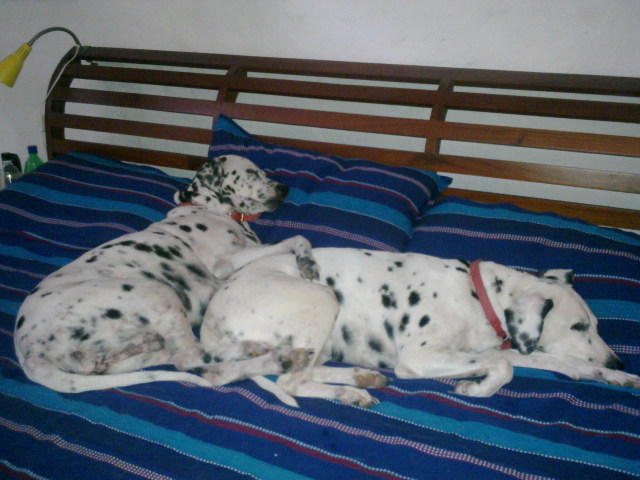 Sudden aggression towards mother dog
QuestionQUESTION: I have four dogs, Male German shepard
Sudden aggression towards mother dog
QuestionQUESTION: I have four dogs, Male German shepard
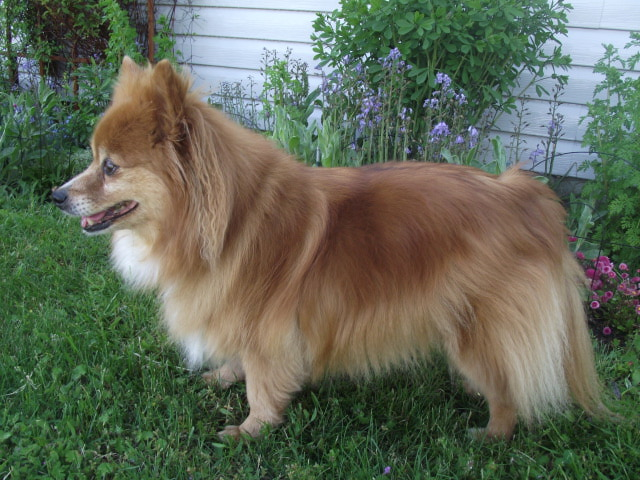 Shaving a Pomeranian
Question
Brandy my Pomeranian!
I have a few ques
Shaving a Pomeranian
Question
Brandy my Pomeranian!
I have a few ques
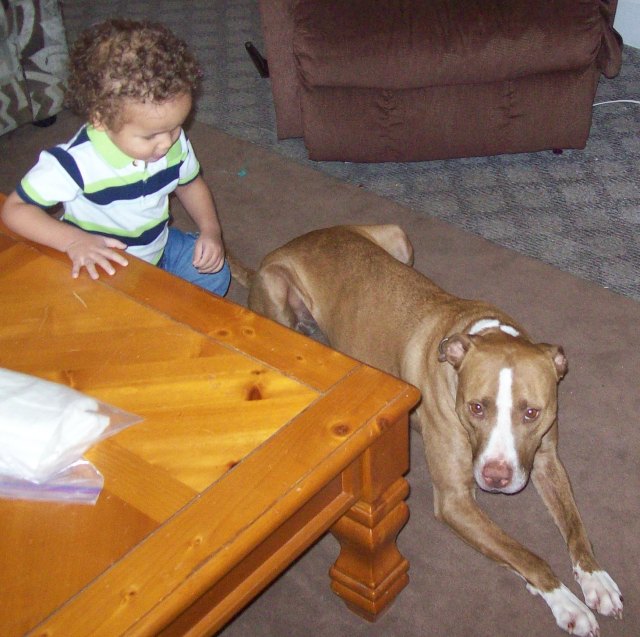 my older dog is house broken but not
QuestionQUESTION: I got a 9 yr old dog from a shelter a
my older dog is house broken but not
QuestionQUESTION: I got a 9 yr old dog from a shelter a